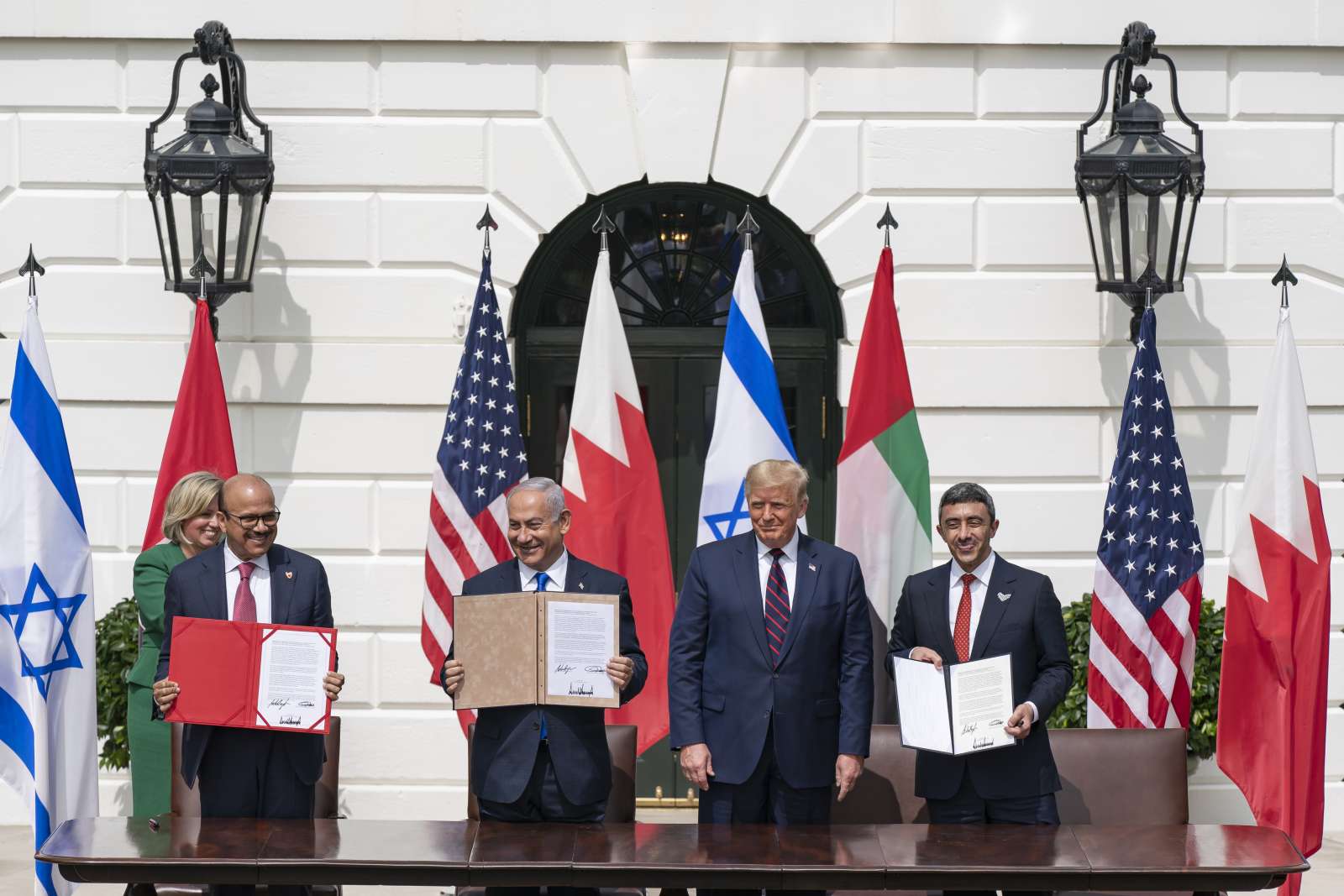The public displays that took place during U.S. President Joe Biden’s just-completed visit to Israel were all just for show. The real event took place behind the scenes. The results of Biden’s visit are mixed, and aspects of them may cause serious harm to Israel’s diplomatic and security interests. And let there be no doubt: The fault lies with the Israeli government, not the Americans.
The three days of Israeli media exuberance are over. Even if there was a drop of mild criticism here and there, it was restricted to the current state of the Biden administration, and said nothing against the government of Israel and its leaders. The reports about the joy and excitement in Jerusalem continued to feature in newspapers through Sunday, but even before the dust settled from the wall of the cabinet room where Lapid hung the “Jerusalem Declaration,” that declaration’s true meaning was already becoming clear.
Thus, the Jerusalem Declaration leaves us barely the western half of the city. Commitment to Israel has turned into commitment to a Palestinian state, and the American promise that Iran would never become a nuclear state—while insisting on returning to the 2015 nuclear deal—has led to the opposite.
Above all, it became clear that while the Americans had come to the region to make up with the Saudis, Prime Minister Yair Lapid had engineered a PR opportunity for himself—a chance to blind people with his smiles—for which he upended Israeli diplomatic and security policy.
In the Abraham Accords, there was a shared interest on the part of moderate Arab states and Israel in creating a regional alliance against Iran. Now, Saudi Arabia is revealing how close it is to Iran and the United Arab Emirates is already in a hurry to send an ambassador to the Islamic republic.
The Abraham Accords put a stop to the insistence on resolving the Palestinian problem before progress on any other Middle East question can be made. Now we’re back to the two-state mantra, and there is even a demand that upcoming regional summits include Jordan and the Palestinian Authority.
If, with the Abraham Accords, the U.S. was the one providing the partner states with economic and security benefits to encourage the important alliance and partnership with Israel, now Israel is the one paying—whether by agreeing to transfer control over the Red Sea islands Tiran and Sanafir to the Saudis (in exchange for nothing) or restarting dialogue on a Palestinian state.
Even the Saudi decision to allow Israeli flights to use its airspace, which was made because of tourism considerations rather than diplomatic ones, goes against the rationale of the Abraham Accords. If, as one Haaretz writer put it recently, “Every plane that lands in Dubai delivers another blow to the idea of territory in exchange for peace,” then under the new policy, every flight that goes over Saudi Arabia will be confirmation of the Palestinian state narrative.
Thus, Israel’s foreign policy, which Benjamin Netanyahu laid out and built up for years, culminating in Israel signing four peace accords based on recognition of Israel’s strength, is reduced to the “Palestinian problem” and resisting Iranian nuclearization. The ceremony that Lapid kicked off this past March, when U.S. Secretary of State Antony Blinken visited the Negev Summit, ended this week. Moving from the Abraham Accords paradigm to the concept of the Saudi “peace” initiative is complete.
Dr. Limor Samimian-Darash is a senior lecturer at the Federmann School of Public Policy and Government at the Hebrew University of Jerusalem.
This article was originally published by Israel Hayom.


























